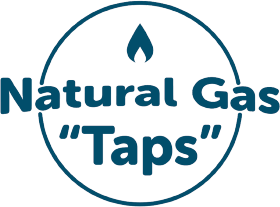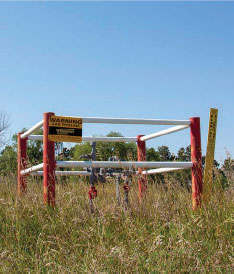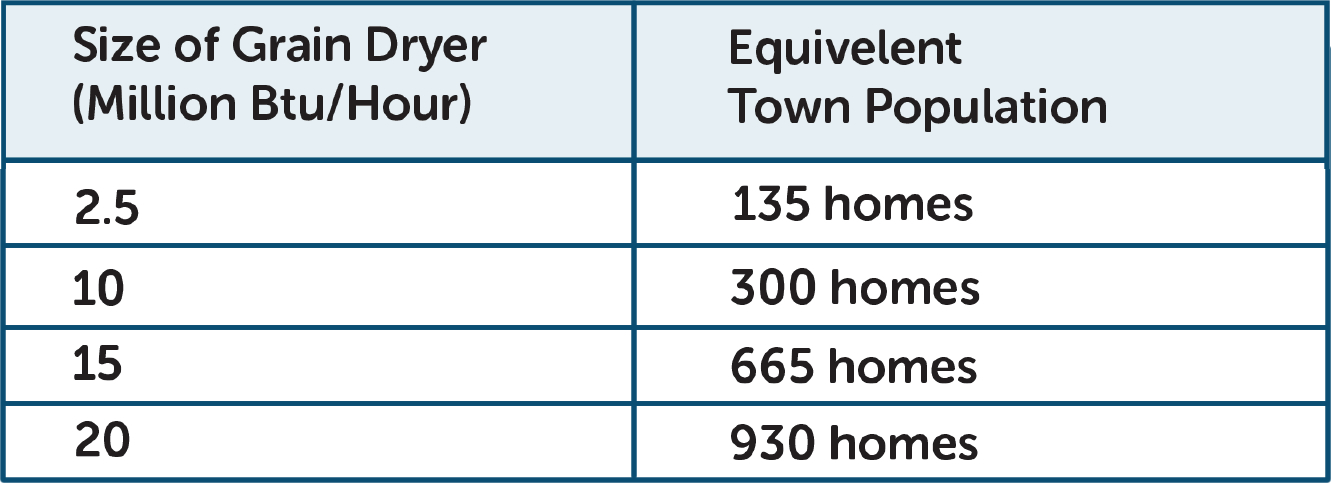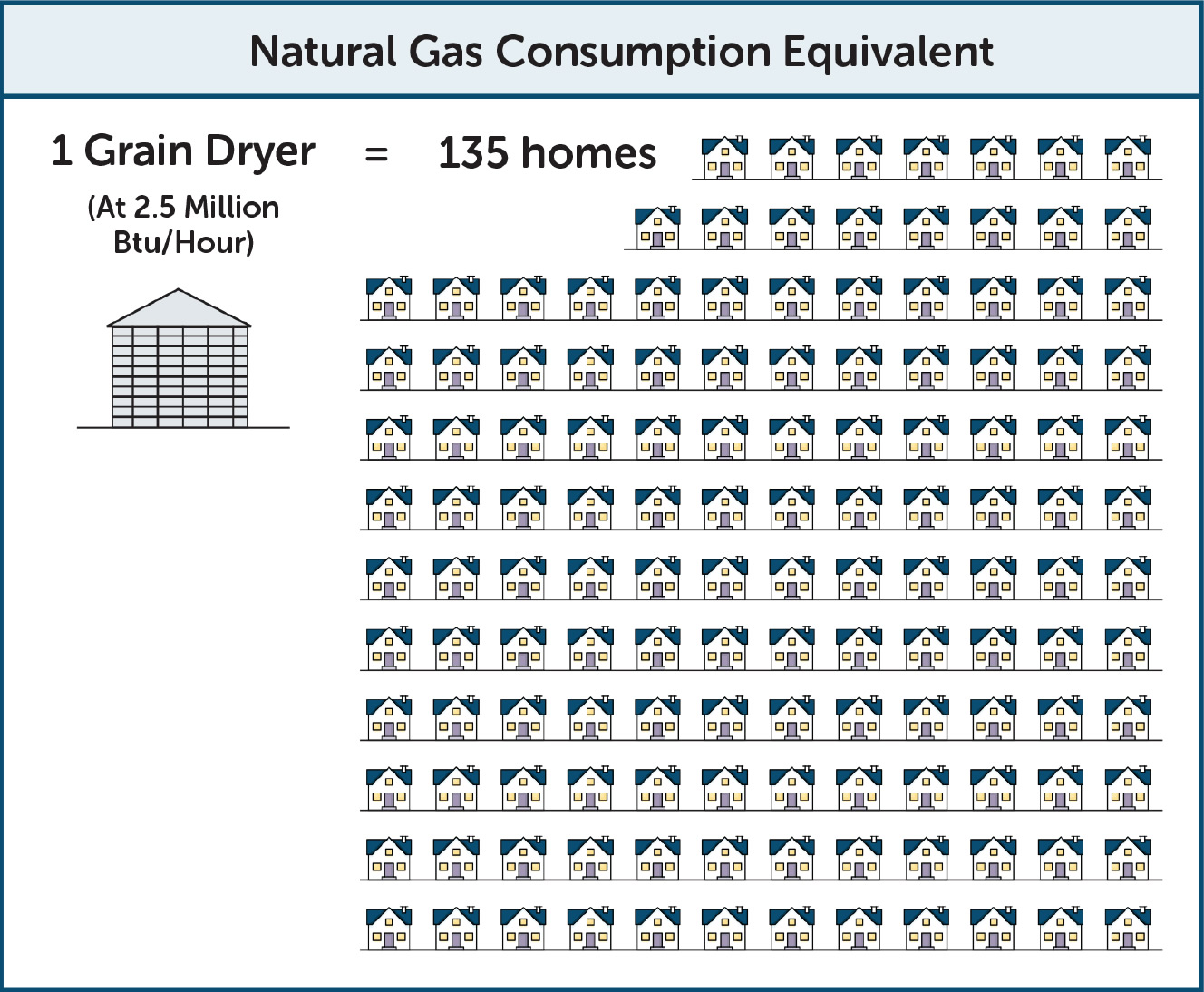Natural Gas "Taps"

WBI Energy doesn’t buy or sell natural gas but can deliver natural gas to customers who make arrangments for it. These types of deliveries are often made through “farm taps,” a service WBI Energy provides for a fee.
There are three ways customers can receive natural gas from WBI Energy’s pipeline:
1. Use a Local Distribution Company Natural gas utility companies will secure a gas supply and handle the scheduling of gas. The utility also may install/operate pressure regulation equipment.
2. Contract with a Marketing Company The marketer would secure a gas supply, manage the transportation service agreement with WBI Energy and handle the daily scheduling of gas. You would be responsible for pressure/regulation at the delivery point.
3. Act as Your Own Agent You secure a gas supply and arrange to bring that gas onto WBI Energy’s pipeline system. You must enter a transportation service agreement with WBI Energy and, daily, schedule the delivery of the gas. You would be responsible for downstream pressure regulation after the point where the gas leaves WBI Energy’s system.


For more information about a farm tap, contact market services at WBI Energy
Natural Gas “Tap” Information
Timeline
The process of getting a farm tap established may take several months. Prior to performing any work, WBI Energy must meet certain regulatory and environmental requirements. Each delivery station is then individually engineered and constructed. Other timing variables include easements, permitting, equipment ordering and the weather
Volume
For small loads, such as a house and shop, your local utility company will measure the gas as it leaves WBI Energy’s pipeline.
For larger demands, such as a grain dryer, WBI Energy will work with a local utility company to determine who will own, install and operate the measurement facilities.
Grain dryers can use large volumes of natural gas – sometimes as much as an entire town. Thus, required facilities are approximately the equivalent of what would be needed for a town and could cost as much as several hundreds of thousands of dollars to be connected.
Equipment
- Tap and pipeline
- Measurement
- Regulators
The type and cost of the equipment depends on the volumetric rate at which gas is delivered. The higher the rate, the more expensive the delivery station.


